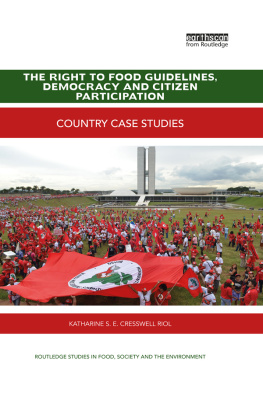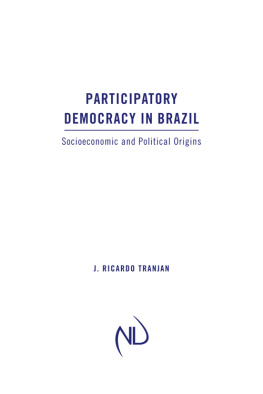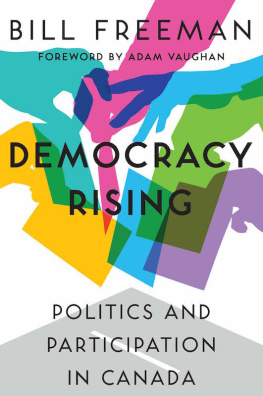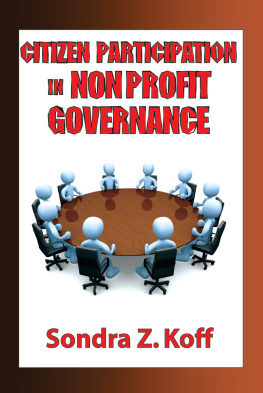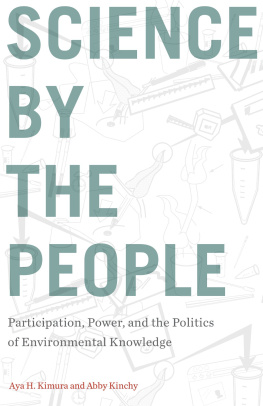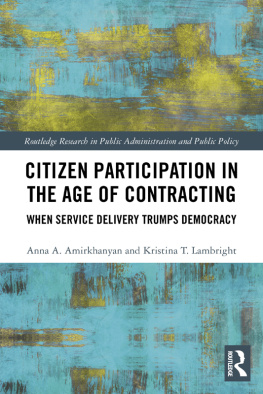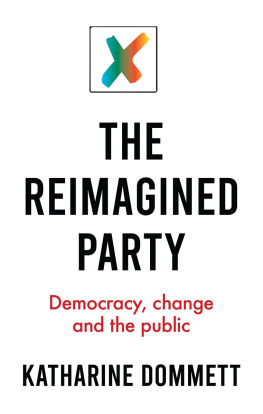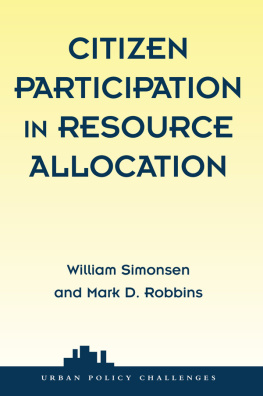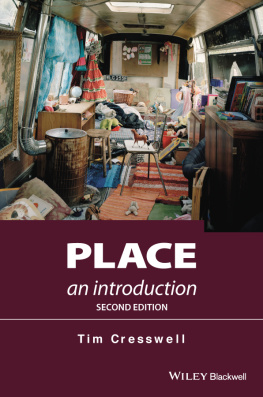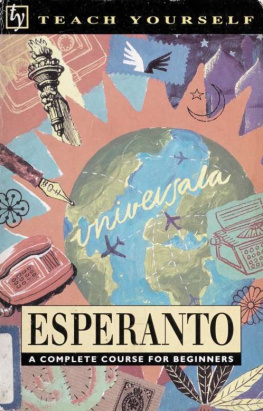Through BRICS country case studies, this book critically assesses how national states and civil society use the Human Right to Adequate Food Guidelines to monitor the realization of democratic food governance under rule of law. Its valuable contribution expands the use of human rights instruments and procedures in the context of research methods as well as social change mechanisms.
Anne C. Bellows, Syracuse University, USA
This timely analysis of the Right to Food Guidelines highlights the importance of the accountability of states and civil society mobilisation in instigating the urgently needed paradigm shift in unjust food systems. Furthermore, the book makes a valuable contribution to how a human rights-based approach can be applied in research.
Stefanie Lemke, Coventry University, UK
The Right to Food Guidelines, Democracy and Citizen Participation
It is now more than a decade since the Right to Food Guidelines were negotiated, agreed and adopted internationally by states. This book provides a review of their objectives and the extent of success of their implementation. The focus is on the first key guideline Democracy, good governance, human rights and the rule of law with an emphasis on civil society participation in global food governance. The five BRICS countries (Brazil, Russia, India, China and South Africa) are presented as case studies: representing major emerging economies, they blur the line between the Global North and South, and exhibit different levels of human rights realisation.
The book first provides an overview of the right to adequate food, account ability and democracy, and an introduction to the history of the development of the right to adequate food and the Right to Food Guidelines. It presents a historical synopsis of each of the BRICS states experiences with the right to adequate food and an analysis of their related periodic reporting to the Committee on Economic, Social and Cultural Rights, as well as a specific assessment of their progress in regard to the first guideline. The discussion then focuses on the effectiveness of the Right to Food Guidelines as both a policy-making and monitoring tool, based on the analysis of the guidelines and the BRICS states.
Katharine S. E. Cresswell Riol is a doctoral student at the University of Otago, New Zealand. She has a Masters degree from the University of Hohenheim, Germany, and has previously been employed as an academic writing advisor and freelance writer, as well as working and volunteering for several NGOs in the UK, Australia and Canada.
Routledge Studies in Food, Society and Environment
Food Literacy
Key concepts for health and education
Edited by Helen Vidgen
Sustainable Urban Agriculture and Food Planning
Edited by Rob Rogemma
Transforming Gender and Food Security in the Global South
Edited by Jemimah Njuki, John R. Parkins and Amy Kaler
Urban Food Planning
Seeds of Transition in the Global North
Rositsa T. Ilieva
Food Consumption in the City
Practices and Patterns in Urban Asia and the Pacific
Edited by Marlyne Sahakian, Czarina Saloma and Suren Erkman
Eating Traditional Food
Politics, Identity and Practices
Edited by Brigitte Sbastia
Feeding Cities
Improving local food access, security and sovereignty
Edited by Christopher Bosso
The Right to Food Guidelines, Democracy and Citizen Participation
Country case studies
Katharine S. E. Cresswell Riol
For further details please visit the series page on the Routledge website: www.routledge.com/books/series/RSFSE/
First published 2017
by Routledge
2 Park Square, Milton Park, Abingdon, Oxon OX14 4RN
and by Routledge
711 Third Avenue, New York, NY 10017
Routledge is an imprint of the Taylor & Francis Group, an informa business
2017 Katharine S. E. Cresswell Riol
The right of Katharine S. E. Cresswell Riol to be identified as author of this work has been asserted by her in accordance with sections 77 and 78 of the Copyright, Designs and Patents Act 1988.
All rights reserved. No part of this book may be reprinted or reproduced or utilised in any form or by any electronic, mechanical, or other means, now known or hereafter invented, including photocopying and recording, or in any information storage or retrieval system, without permission in writing from the publishers.
Trademark notice: Product or corporate names may be trademarks or registered trademarks, and are used only for identification and explanation without intent to infringe.
British Library Cataloguing-in-Publication Data
A catalogue record for this book is available from the British Library
Library of Congress Cataloging in Publication Data
Names: Cresswell Riol, Katharine S. E., author.
Title: The Right to Food Guidelines, democracy and citizen participation :
country case studies / Katharine S.E. Cresswell Riol.
Description: London ; New York : Routledge, [2017] | Series: Routledge
studies in food, society and environment | Includes bibliographical
references and index.
Identifiers: LCCN 2016022521| ISBN 9781138693630 (hbk) |
ISBN 9781315529899
(ebk)
Subjects: LCSH: Food and Agriculture Organization of the United Nations.
Right to Food Guidelines. | Right to food. | Right to food--BRIC countries.
Classification: LCC K3260 .C74 2017 | DDC 363.8--dc23
LC record available at https://lccn.loc.gov/2016022521
ISBN: 978-1-138-69363-0 (hbk)
ISBN: 978-1-315-52989-9 (ebk)
Typeset in Bembo
by Fish Books Ltd.

